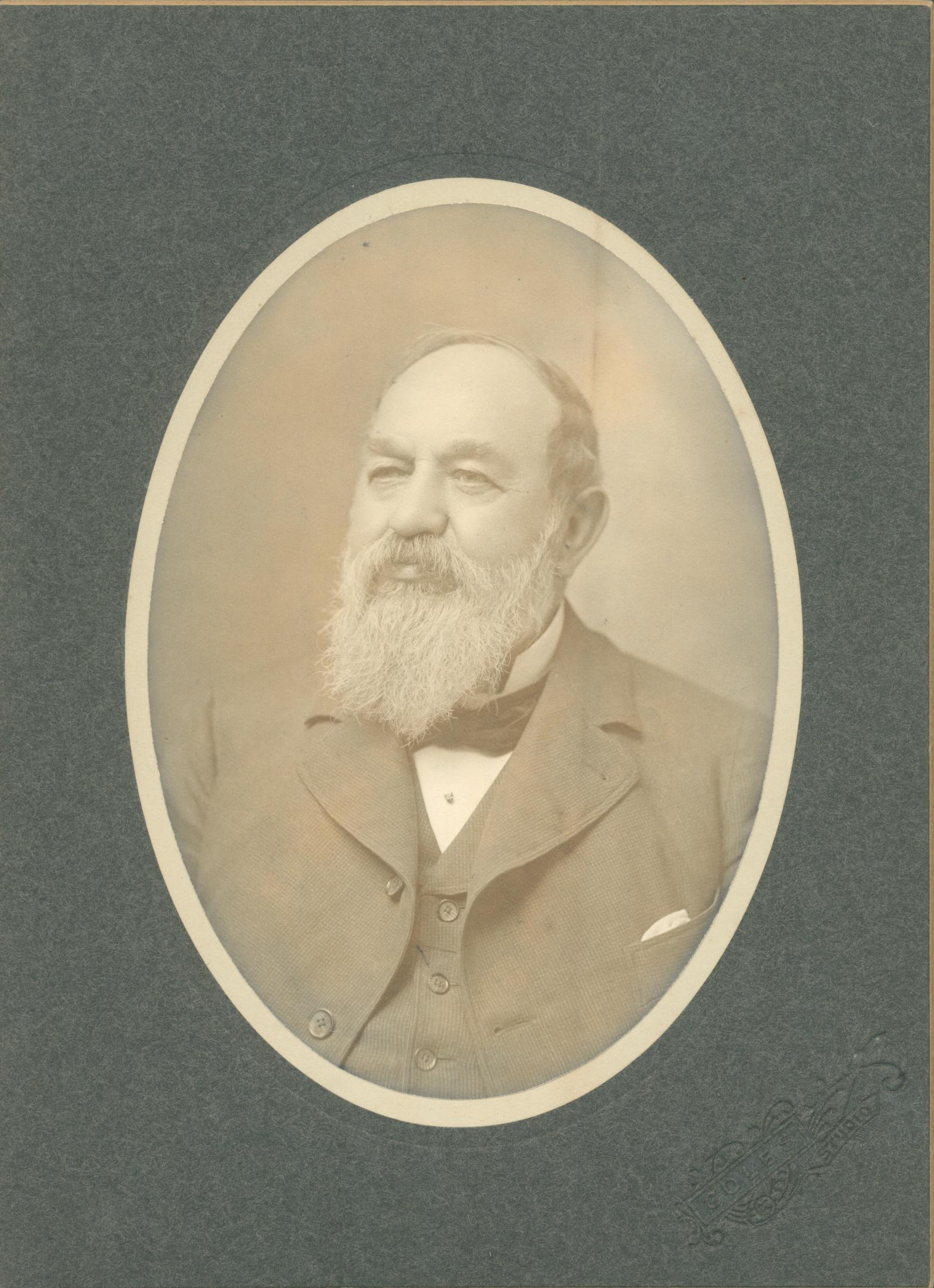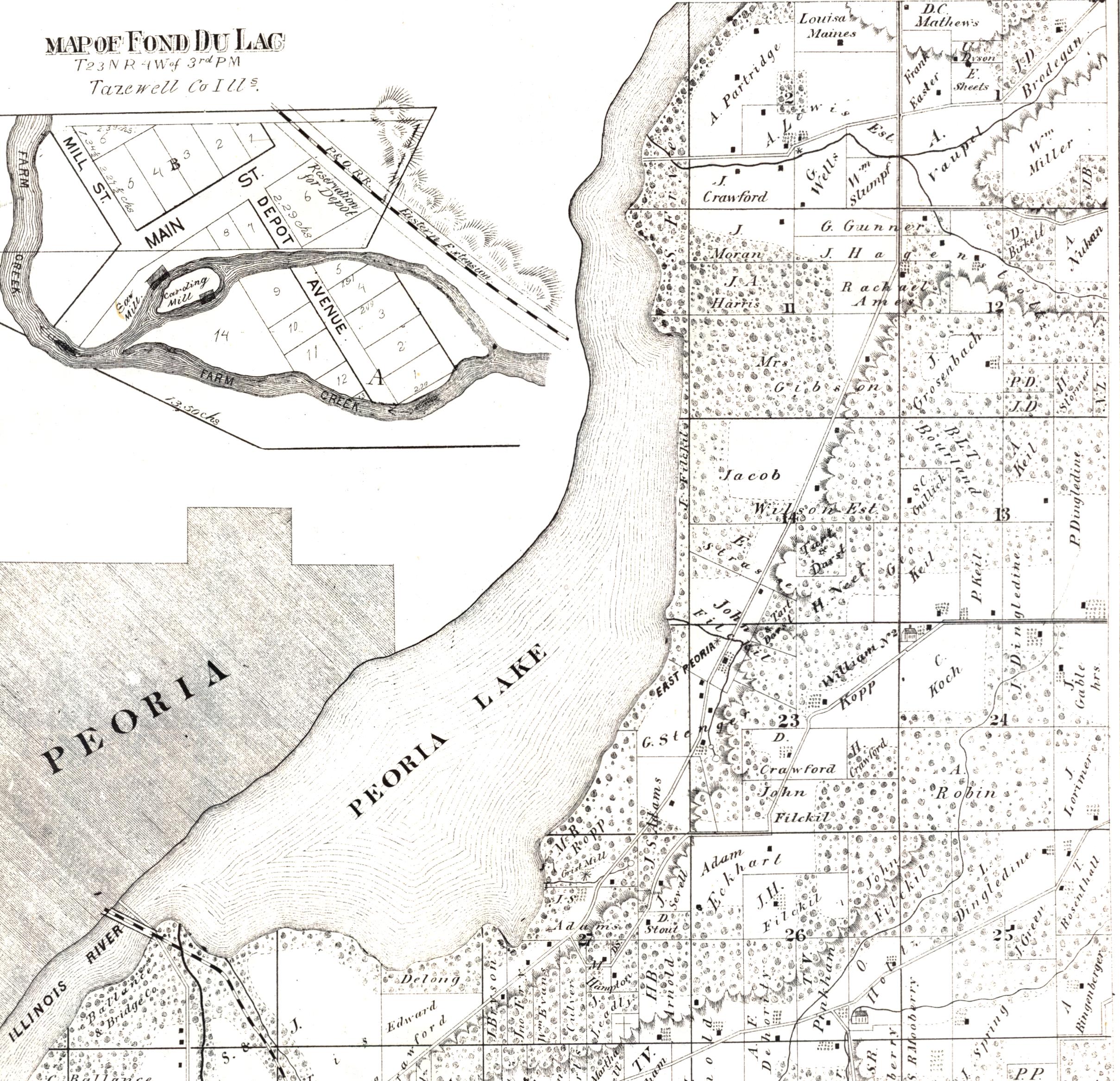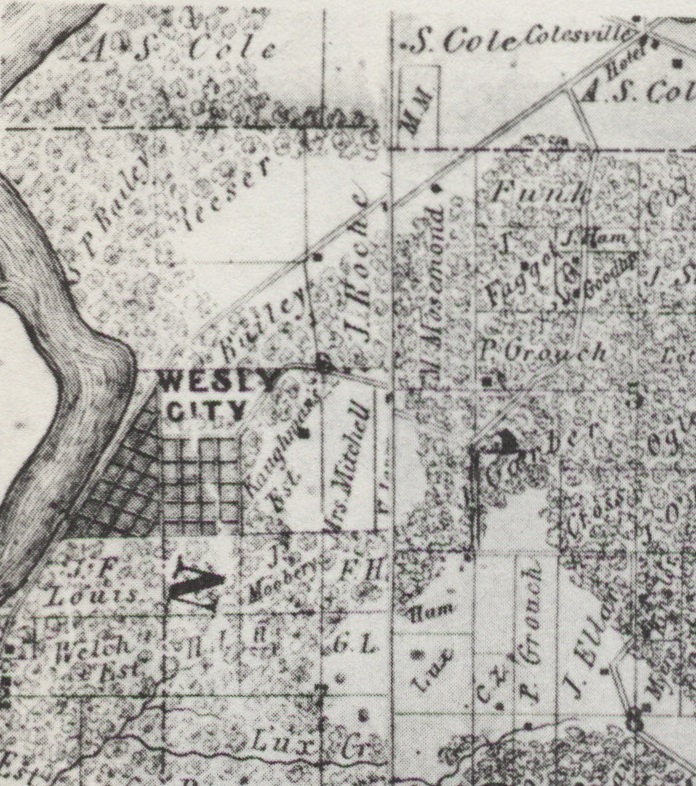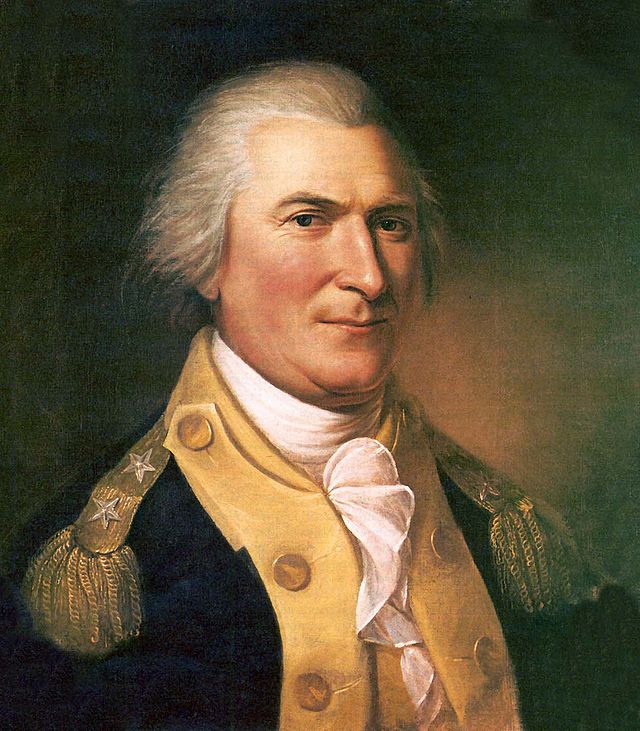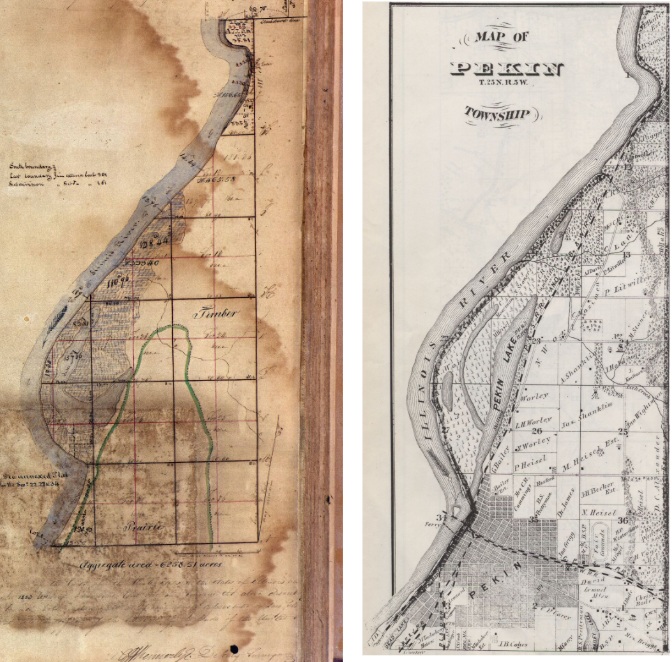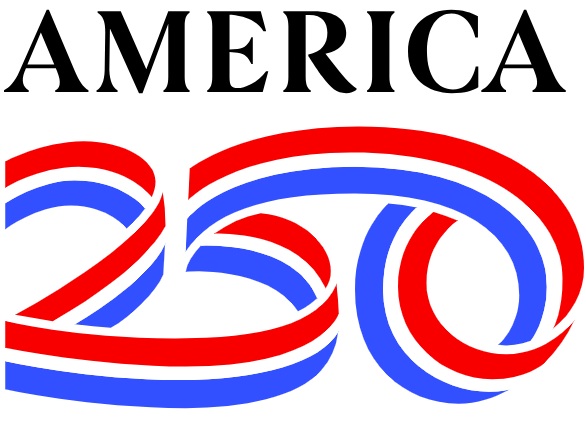Here’s a chance to read again one of our old Local History Room columns, first published in May 2013 before the launch of this blog . . .
The Herget name has been prominent in Pekin’s history since the 1850s and 1860s, when the Herget family left Hesse-Darmstadt in Germany and came to America. Of that family, the immigrant brothers John, George and Philip each played significant roles in the development of Pekin. Evidence of the continuing legacy of the Herget family is found today in the name of the Herget House (or Herget Mansion) at 420 Washington Street, and, of course, in Herget Bank.
Another of the indications of the prominence of the Hergets in Pekin’s history and community life may be found in the 1894 “Portrait and Biographical Record of Tazewell and Mason Counties, Illinois.” Included in that volume were the biographies of four members of the Herget family: the three immigrant brothers John, George and Philip, and John’s second son John H. Herget.
The lives of the three brothers were intertwined, as they often partnered in various business ventures. The eldest, John, also served as Mayor of Pekin in 1873 and 1874. Rather than presenting an account of all three brothers, however, this column will take a look at the life of George Herget, relying chiefly on the account of his life in “Portrait and Biographical Record,” page 384.
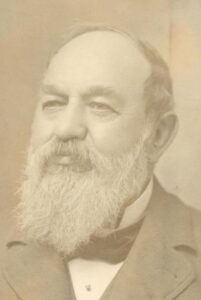
At the time that biography was published, George Herget was president of the Globe Distilling Co., president of the Pekin Electric Light Co., and president of the Pekin Steam Coopering Co. The biography said that he “ranks among the most prominent and successful business men of central Illinois, and has not only sustained the reputation of the family name, but by his honorable and worthy life has added to its lustre,” praising him for his “superior intelligence, sound principles and noble character,” and commenting that, “he is always an earnest advocate of the cause of justice and right, and has exerted a beneficial influence in the community with whose interests his own have long been identified.”
The biography continues, “Born May 9, 1833, the subject of this sketch is a native of Hergeshausen, Kreis Deiburg, Hesse-Darmstadt, Germany . . . . In his native land he spent the days of boyhood, and learned the trade of a wagon-maker. In 1852 he took passage at Havre, France, on a sailing-vessel bound for America, and after landing in New York, proceeded to Gettysburg, where he engaged in the trade of a carriage-maker until the fall of 1853.
“Coming west at that time via the Ohio and Mississippi Rivers, Mr. Herget settled in Pekin, where he became a carriage-maker in the T. & H. Smith Carriage Works. In 1858 he embarked in the retail grocery business, and two years later he was joined by his brother John.” Together, John and George founded J. & G. Herget Inc. of Pekin, wholesale sellers of groceries and liquor.
The sketch continues, “In 1870 he built a block containing two stores, and there, since 1871, he has conducted an extensive business, being for some time in the wholesale grocery and liquor business, but now devoting his attention wholly to the latter line of work.
“In 1888 Mr. Herget assisted in the organization of the Pekin Steam Coopering Company, and has since been its President. In the fall of 1892 he built the Globe Distillery, which was completed and opened in April of the following year. This concern is situated on the Jacksonville South-eastern Railroad, and has a capacity of five thousand bushels per day, being the largest distillery in Pekin. In addition to these enterprises, Mr. Herget is interested in the Globe Cattle Company, which owns about thirty-eight hundred head of cattle. In the organization of the Electric Light Company he was a prominent factor, and has been its only President.”
It was George’s nephew Carl Herget, son of John, who built the Herget Mansion on Washington Street in 1912. One the most significant parts of the Herget family’s legacy, however, was the establishment of Herget Bank on April 17, 1905. George Herget and his sons Henry G. Herget and William P. Herget founded the bank as George Herget and Sons, and were among the bank’s original board of directors. The bank was chartered nationally in 1910, when it became Herget National Bank of Pekin, Ill.
Another lasting legacy of George Herget was the construction of the Pekin Carnegie Library in 1902. Herget played an important role in the events leading up to the library’s construction. When Mary Gaither had begun to drum up support for a Carnegie Library, Herget responded favorably, writing in a letter of Nov. 8, 1900, “I will be pleased to give to the City of Pekin a site for a Library building according to the terms of a certain letter to you from Mr. Andrew Carnegie, dated October 8th., 1900.”
Copies of that and other related letters were included in the library’s cornerstone time capsule in August 1902. Also included in the time capsule was the title deed conveying the land for the library from George and Caroline Herget to the city of Pekin, along with a photograph of George Herget.


